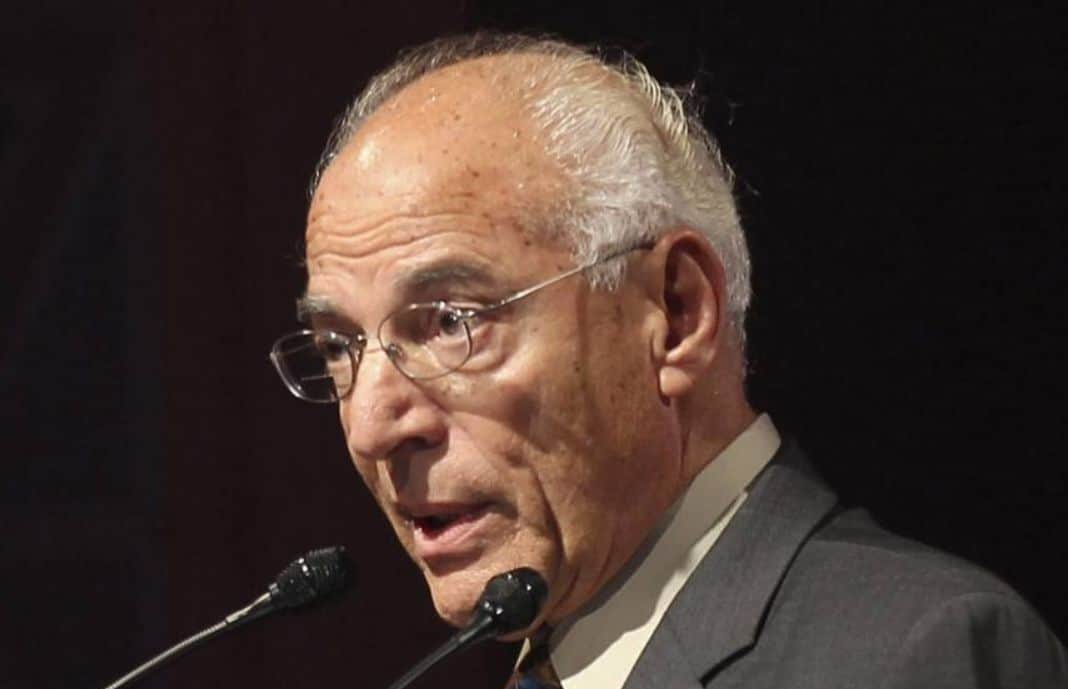In an interview with one of the key scientists on man’s arrival on the Moon reveals that NASA was unclear that everything was going to work out, as they thought the Apollo 11 spacecraft would “collapse on impact” or be “swallowed” across the satellite’s surface.
Farouk El-Baz, a senior geologist of the Apollo program, has been interviewed by the British newspaper Express on the occasion of the 51st anniversary of man’s arrival on the Moon.
El-Baz was a key figure in choosing where the spacecraft should land. “First, we were constrained by the engineers to think of a zone five degrees north of the equator and five degrees south of it and no more than 45 east and 45 west.” he explains.
Where exactly to land?
“There were huge debates though, because that zone included the dark looking rock on the Moon called marea by Galileo because when he first looked at them he saw oceans and he called them marea meaning sea in Italian.” he adds.
That caused some NASA scientists to doubt that it was the right landing site, fearing the spacecraft might collapse on impact, while others argued that being a volcanic rock, it would pulverize on impact and the Apollo 11 would be “swallowed” by the lunar surface.
But, Professor El-Baz points out that thanks to his good sense and, using his geological experience, he was able to convince his colleagues of the mistake.
“I was with the people who had looked at the surface of the Moon though, and we could see large, medium and tiny craters meaning it was a rock and it was going to be hard enough to land on.” explains El-Baz.
“We just had to find a place with no big blocks, that was a real problem because if there are block one of the landing legs could go down on the rock and the spacecraft would topple over. So we wanted absolutely flat surface.” recalls the 82-year-old scientist.
Tension with the Soviet Union
According to El-Baz, the mission to the Moon was having paramount importance in space research. “It was so important to study the Moon because, first of all, we could work out when the Moon was formed, whether it was formed at the same time as Earth and that it is part of the Solar System.”
“We wanted to know what it was composed of and whether we were going to find new elements in it. Are the rocks the same as the Earth? What age are they?” adds the scientist of Egyptian origin.
Speaking of his experience, Professor El-Baz recalls NASA’s astonishing feat and the pressure scientists were under to defeat the Soviet Union after the launch of Sputnik 1.
“If NASA was delayed and the Russians landed on the Moon before we did – because very clearly there was a possibility – then Congress would have said ‘okay, cut it out you jerks, you messed it up and shamed up – get the hell out of here’.”
“It was a constant statement – no one wanted Russia to beat us.”
